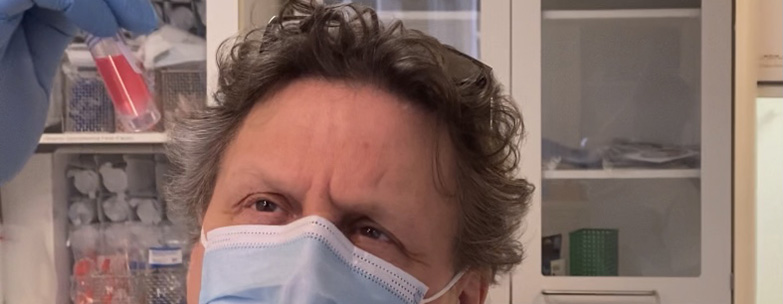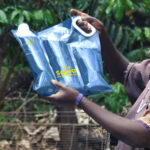New method for detecting English Covid mutation
The race is on. While efforts to inoculate the Danish population against Covid 19 is in full swing, a new and highly contagious strain of Covid 19 has made its entry into Denmark. In the hope of containing this game-changing strain, researchers at the University Hospital Rigshospitalet in Copenhagen Science City have developed a new high speed analysis to discover patients infected with this particular strain of the virus.
High infection rates could stress healthcare system
The mutated strain known as B117 was first found in England, but has since spread to the European continent including Denmark. Although vaccines seem to protect against the English strain, it is crucial to limit spread of this mutation. It is up to 70% more infectious and could consequently stress the healthcare system beyond capacity as long as there are still Danes who haven’t had their shot.
Added screening for all mutations
Copenhagen Science City-partner Rigshospitalet developed a rapid screening method that can test all positive corona samples for the English mutation. In charge of the effort is the Department of Clinical Microbiology led by laboratory manager Nikolai Kirkby. He makes sure that all samples are passed on for further screening, if they are found to be corona-positive.
Once we know if a sample is positive, we can start looking for variations. The positive samples are tested as if we do not know their status. We just look for two specific amino acids. If they are missing the sample is passed on to so-called sequencing. – The sequencing can then determine whether it is the variation we know from mink, or whether it is the English strain”: Nikolai Kirkby, laboratory manager, Department of Clinical Microbiology, Rigshospitalet.
Faster response on the way
Right now there is a response time of up to a week to discover mutations but the Department of Clinical Microbiology is working on a setup in collaboration with the Technical University of Denmark DTU, so the answer can come faster.
Two weeks from now, we expect to be able to deliver test results within 24 hours, says Nikolai Kirkby.
Countrywide effort
Once perfected, Rigshosptialet plan to offer the service throughout the country, says medical director Per Jørgensen.
There is a national initiative underway, so we ensure a common approach across the country and welcome opportunities to provide mutual assistance if the need arises”: Per Jørgensen, Medical Director, University Hospital Rigshospitalet




